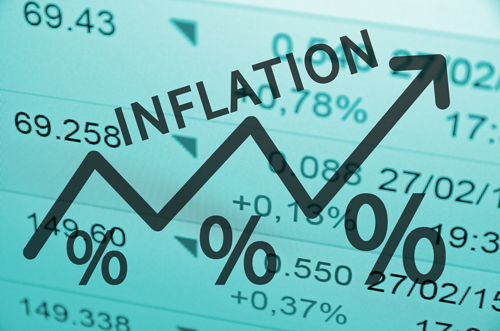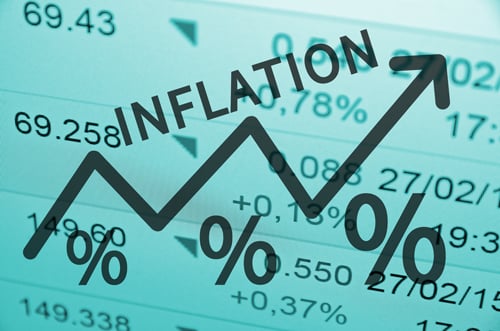Changes That Could Affect Rates

Last Week in Review: Changes That Could Affect Rates

There are rumors that our Fed is considering an idea to abandon its present 2% target rate for inflation in favor of a floating target where inflation would be allowed to rise above 2% for some time before considering hiking rates.
This comes with two consequences that mortgage lenders, Realtors, and would-be borrowers need to understand:
- If the Fed allows inflation to rise north of 2% before considering hiking rates, we are not likely to see a Fed rate hike anytime soon. This is because inflation is currently running at 1.6% and well beneath the Fed's current target.
- If the Fed is successful in allowing inflation to rise, home loan rates will rise as well. Inflation is the main driver of long-term interest rates.
When the Fed says they want inflation to reach its 2% target, they are talking about the Core Personal Consumption Expenditure (PCE) year-over-year figure.
The Core PCE Index is typically delivered the third week of every month,and will be even more important to track should the Fed make changes to its current policy and decide to allow inflation to rise above its longstanding 2% target.
Bottom line: inflation currently remains tepid and is the major reason why long-term rates, like home loans, remain near three-year lows. If inflation rises, home loan rates will rise. The opposite is also true.


